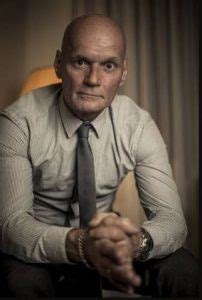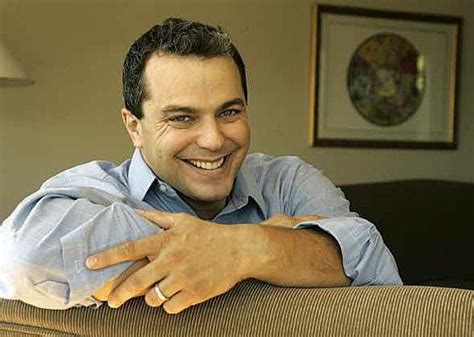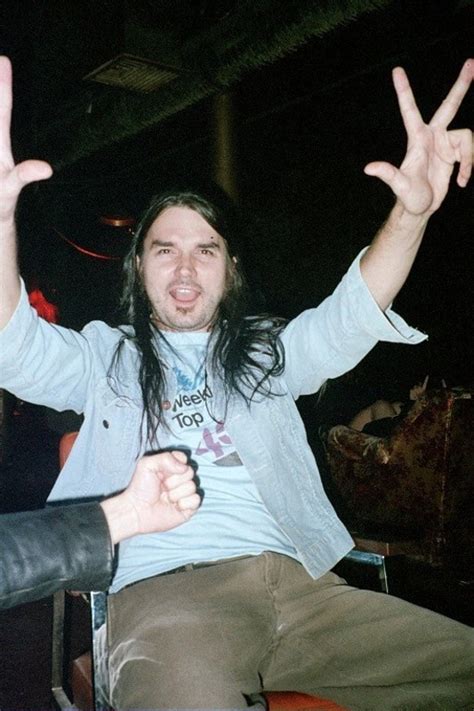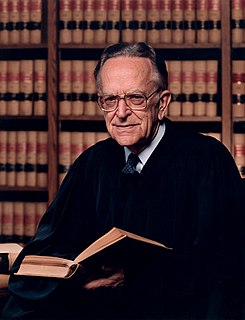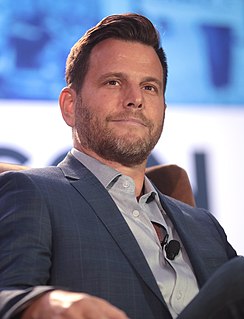Цитата Ника Ярриса
Более 20 лет моя личность была связана с теми людьми, приговоренными к смертной казни, я заботился о них.
Темы цитат
Связанные цитаты
Я из тех «низших» типов, тех чувствительных типов, тех людей, которые не справились бы сами, если бы им не помогли другие люди. Прямолинейное капиталистическое общество отрезало бы их и дало бы им умереть. Так что меня спасли мои друзья, моя семья и люди, которые заботились обо мне, и современная психотерапия, которая заботилась о женщинах.
Качество моей жизни более удивительно, чем я мог себе представить за эти 20 лет борьбы с болезнью. В те 20 лет я не знал значения слова «надежда». Это было просто мрачное, трудное существование. Со всеми дарованиями, со всеми успехами, которые у меня были, это все еще был невероятно мрачный образ жизни, и я хочу быть посланником надежды.
С этого дня я больше не буду возиться с механизмом смерти. На протяжении более 20 лет я пытался - и я действительно боролся - вместе с большинством членов этого Суда разработать процессуальные и материально-правовые нормы, которые придали бы делу вынесения смертного приговора больше, чем просто видимость справедливости. Вместо того, чтобы продолжать лелеять иллюзию Суда о том, что желаемый уровень справедливости достигнут и потребность в регулировании устранена, я чувствую себя морально и интеллектуально обязанным признать, что эксперимент со смертной казнью провалился.
Я не сторонник смертной казни. На каком-то уровне я думаю, что убивать неправильно, но я не испытываю сочувствия к большинству осужденных — я не страстный противник смертной казни. По правде говоря, учитывая все другие проблемы системы правосудия, цифры настолько малы, что я думаю, что есть более крупная рыба. По иронии судьбы, с точки зрения психического здоровья и ухода, камера смертников, вероятно, является лучшей тюремной ситуацией, в которой можно оказаться.
Экономика в ближайшие 20-25 лет изменится больше, чем за последние 20-25 лет. И это потому, что экспоненциальные тенденции затрагивают все большую и большую долю экономики. Итак, нас ждут огромные прорывы, и я не могу точно предсказать, какими будут инновации. Если бы я это сделал, я бы уже изобрел их. Но я думаю, что они будут сопоставимы с инновациями, которые мы видели за последние 20-25 лет, если не больше.
